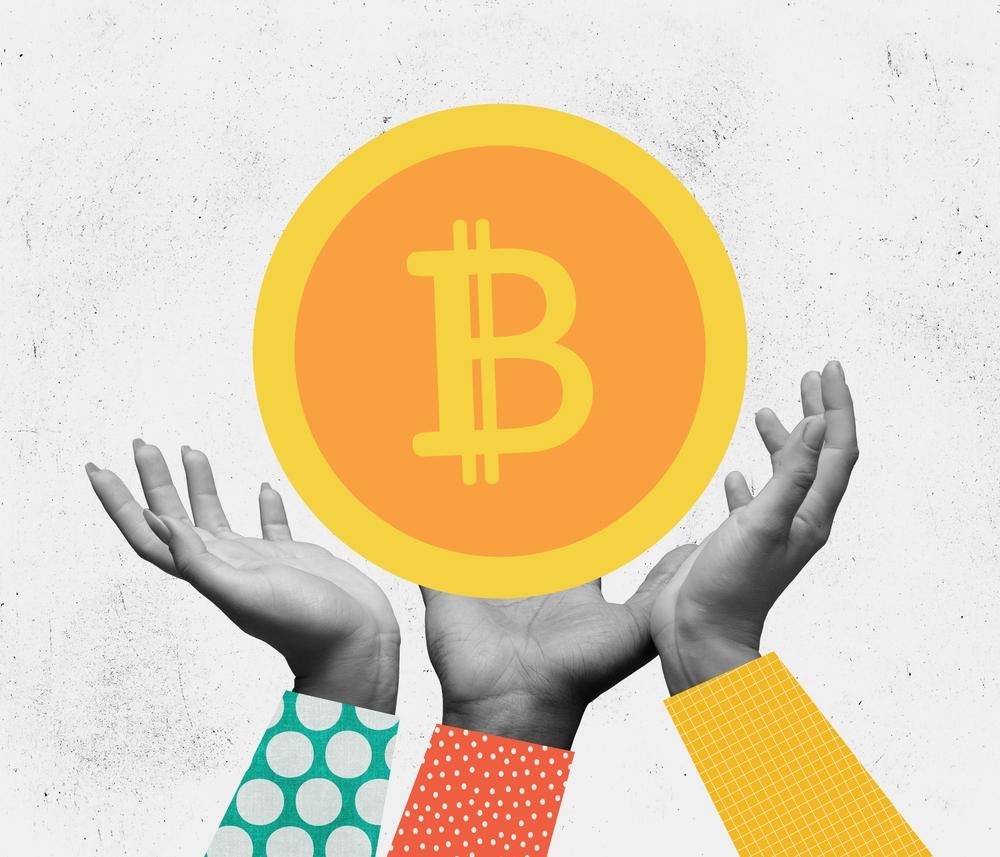The world of finance and economics is in a constant state of evolution, and this is particularly evident in the realm of currencies. Modern currencies have transcended their traditional forms and have embraced digital innovations, giving rise to a diverse and complex financial landscape.

Gone are the days when physical banknotes and coins were the only mediums of exchange. Today, currencies have taken on various forms, from the traditional government-issued fiat currencies to the decentralized and technologically advanced cryptocurrencies.
Fiat Currencies in the Digital Age
Fiat currencies, backed by governments and central banks, remain the backbone of global financial systems. However, the way we use and transact with these currencies has transformed. Digital banking, electronic fund transfers, and mobile payment platforms have revolutionized the way we access and utilize traditional money.
Central banks of various countries are also exploring the possibility of introducing central bank digital currencies (CBDCs). CBDCs are digital representations of a nation’s fiat currency and are issued and regulated by the central bank. These digital currencies aim to combine the benefits of traditional money with the efficiency of digital transactions.
The Rise of Cryptocurrencies
Cryptocurrencies, led by Bitcoin, introduced the concept of decentralized digital currencies. Built on blockchain technology, cryptocurrencies offer a borderless and secure means of transferring value. They are not controlled by any central authority but rather rely on a distributed ledger maintained by a network of participants.
Blockchain’s underlying technology has given rise to thousands of alternative cryptocurrencies, each with unique features and purposes. Ethereum, for example, introduced smart contracts, enabling self-executing contracts with various applications beyond simple transactions.
The Challenges and Opportunities
While modern currencies bring forth numerous opportunities, they also pose certain challenges. The volatility of cryptocurrencies, for instance, has sparked debates about their suitability for stable transactions and store of value. Regulatory concerns, security issues, and potential use in illicit activities are also subjects of ongoing discussion.
However, the potential benefits of modern currencies are hard to ignore. Faster cross-border transactions, financial inclusion for the unbanked, increased transparency, and reduced transaction costs are some of the advantages they offer.
Conclusion
The concept of money and currency has come a long way from its origins. Modern currencies, whether in the form of digital representations of fiat money or decentralized cryptocurrencies, reflect the ongoing fusion of finance and technology. As the financial landscape continues to evolve, it’s important for individuals, governments, and businesses to adapt to these changes and harness the opportunities they bring.
Impact of Modern Currencies on the Casino Industry
The casino industry, known for its dynamic nature, is not immune to the changes brought about by modern currencies. As fiat currencies merge with digital innovations like cryptocurrencies, casinos are facing both challenges and opportunities that could reshape the way they operate.
Integration of Cryptocurrencies
Cryptocurrencies, with their decentralized nature and enhanced security features, have started to make their way into the casino world. Online casinos, in particular, are exploring the integration of cryptocurrencies like Bitcoin, Ethereum, and others as a form of payment and betting.
By accepting cryptocurrencies, casinos can offer their patrons quicker and more secure transactions, reducing the need for intermediaries like banks. This can lead to faster payouts and enhanced player trust. Additionally, cryptocurrency transactions can provide a higher level of anonymity for players who prioritize privacy.
Regulatory Challenges
While the adoption of cryptocurrencies in casinos brings advantages, it also presents regulatory challenges. Cryptocurrencies operate across borders and are not tied to any specific jurisdiction. This raises questions about how casinos can ensure compliance with existing gambling regulations, anti-money laundering (AML) laws, and know-your-customer (KYC) requirements.
Regulators around the world are grappling with how to manage the use of cryptocurrencies in gambling activities, aiming to strike a balance between innovation and consumer protection. As a result, casinos looking to incorporate cryptocurrencies must stay informed about the evolving regulatory landscape and implement robust compliance measures.
Volatility and Player Experience
The inherent volatility of cryptocurrencies introduces an additional layer of complexity for casinos and their patrons. The value of cryptocurrencies can fluctuate significantly in short periods, which might affect the amount of funds players have available for gambling.
Casinos that accept cryptocurrencies may need to address these fluctuations by providing real-time conversion to stablecoins or fiat currencies to mitigate risk for both players and the house. This approach could help maintain a consistent gambling experience regardless of the value of the cryptocurrency at any given moment.
Future Possibilities
Beyond cryptocurrencies, the development of central bank digital currencies (CBDCs) could also impact the casino industry. CBDCs, issued and regulated by central banks, could offer a government-backed digital alternative to traditional cash. This could streamline transactions, enhance transparency, and potentially simplify regulatory compliance for casinos.
Moreover, the integration of blockchain technology, which underpins many modern currencies, could revolutionize areas such as casino game fairness, transparent payout systems, and player loyalty programs. Blockchain’s immutable ledger could instill greater trust among players by ensuring the integrity of game outcomes and financial transactions.
Conclusion
The advent of modern currencies, including cryptocurrencies and potential CBDCs, is reshaping the casino industry. While opportunities for enhanced security, efficiency, and player experience abound, challenges related to regulation, volatility, and adaptation remain.
Casinos that navigate these changes thoughtfully, keeping a keen eye on regulatory developments and technological innovations, are poised to thrive in this evolving landscape. Ultimately, the synergy between modern currencies and the casino industry will continue to shape the way people engage with games of chance and skill.